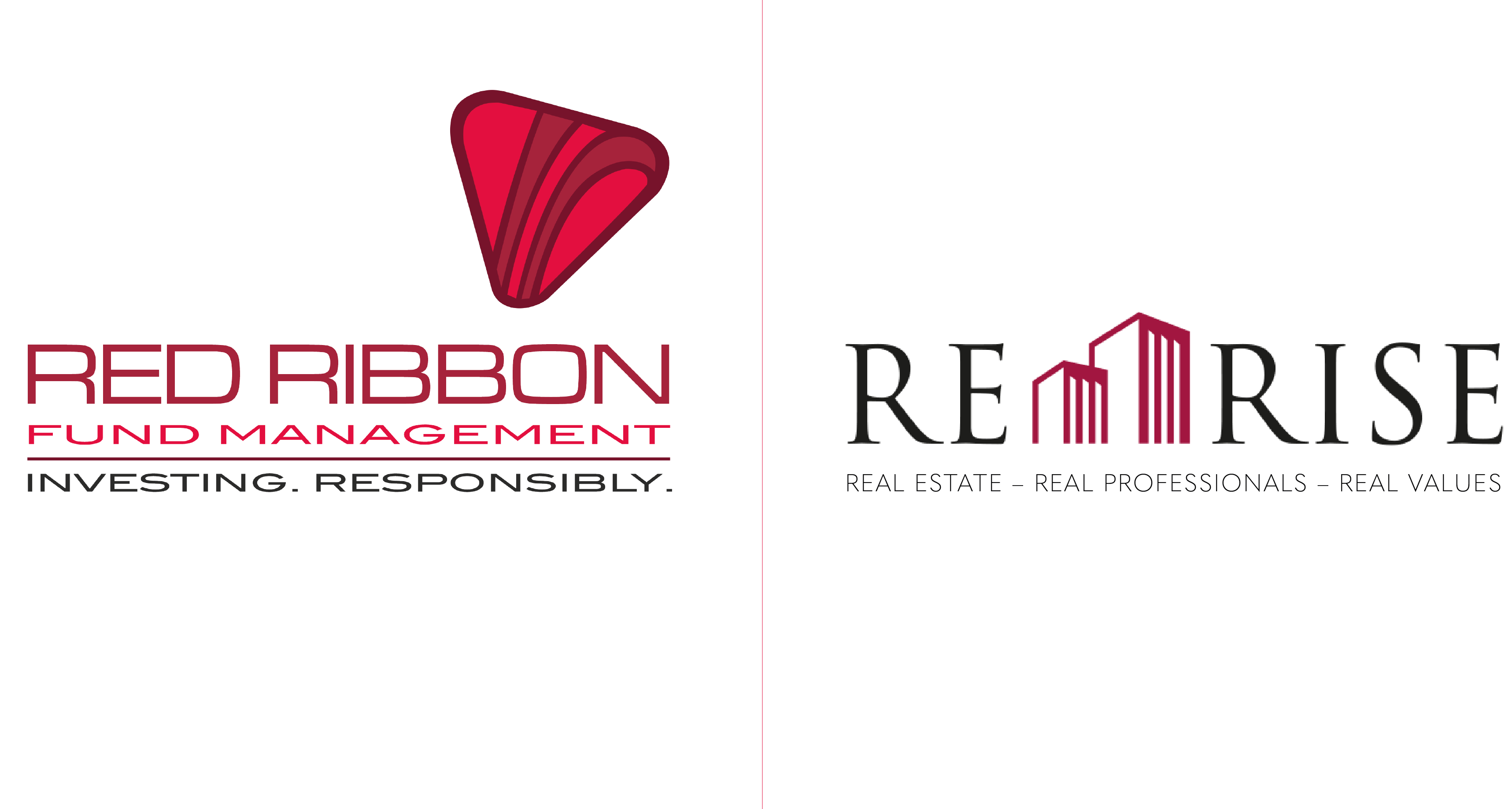Compared with the same period in 2019, Real Estate sales fell globally in the last quarter by 80%: but the clue’s in the question, the rate of decline is constant across the globe, so territorial markets are more or less as stable and ready to move on as they were before lockdowns were imposed. In India, for example, a nine-year programme of deregulation had already created rapid market consolidation by the end of last year, with almost half of existing developers leaving the sector between 2011 and 2019: no bad thing frankly, given most of them were smaller, flighty operations; incapable of complying with increasingly rigorous safety requirements, GST Regulations and (darkest of all) financial compliance provisions: remember all those rupees under the bed that Demonetisation was designed to get rid of?
Schumpeter called it Creative Destruction: in other words, we’re better off without them…
The plain truth is that COVID downturns are operating more or less uniformly across the globe and are (hopefully) short-term: experienced with equal force from Manhattan to Mumbai and Berlin to Beijing, but proactive market consolidation is what really matters. And when it comes to that, Indian real estate is showing every sign of embracing a period of successful change, making it stronger than ever before. Joseph Schumpeter would have been proud…
So, just for a moment, think back to the subcontinent in 2019, dented since by COVID, but already by then experiencing unprecedented levels of consumer demand, renewed confidence, greater access to finance and, more than anything else, the success of the Affordable Homes Programme under Prime Minister Modi’s stewardship. These are the same conditions that are locked and loaded into India’s future as it emerges from pandemic restrictions. Even the most cynical observers can’t claim they’ve gone away…
All of which makes the second wave of consolidation increasingly likely on the subcontinent: already cleared of developers with little or no regard for compliance strictures, we can now look forward to radically improved business practices, new and improved sectoral strategies and key changes in construction technologies (with Modular Construction front and centre of the pack). Any Developer still clinging to outdated bricks and mud technologies, blinkered to the reality that growth will come by building affordable homes rather than another glass skyscraper in Mumbai, are certain to be consigned to the wastebasket of history.
Recent market studies forecast developers wedded to one or other of those fossilised views, some 30% of developers in all, are likely to leave the industry (forever) within the next year.
So, it’s true, property sales have fallen because of COVID: but that’s neutral, it’s the same the whole world over. Look instead to what pre-COVID economies looked like before COVID snapped its jaws, and nowhere is there a more resilient market than on the subcontinent: poised to become the most populous on the planet, more aspirational than ever before, increasingly urbanised and better connected than at any point in its history. Previous consolidation has made Indian markets leaner and better able to address challenges, but they are now profiled for future consolidation, and that will make them stronger still.
Modulex Construction is the World’s largest and India’s first Steel Modular Building Company. It was established by Red Ribbon to harness the full potential of these fast-evolving technologies and deliver at a pace to meet the evolving needs of the community.
Executive Overview
There is a severe shortage of domestic housing stock across the globe: but as economies start to kick into gear after emerging from worldwide lockdowns, I’m sure those with solid and resilient foundations will be most successful in meeting burgeoning demand.
India went into lockdown ahead of the field, and it looks like it’s going to come out ahead of the pack too…





